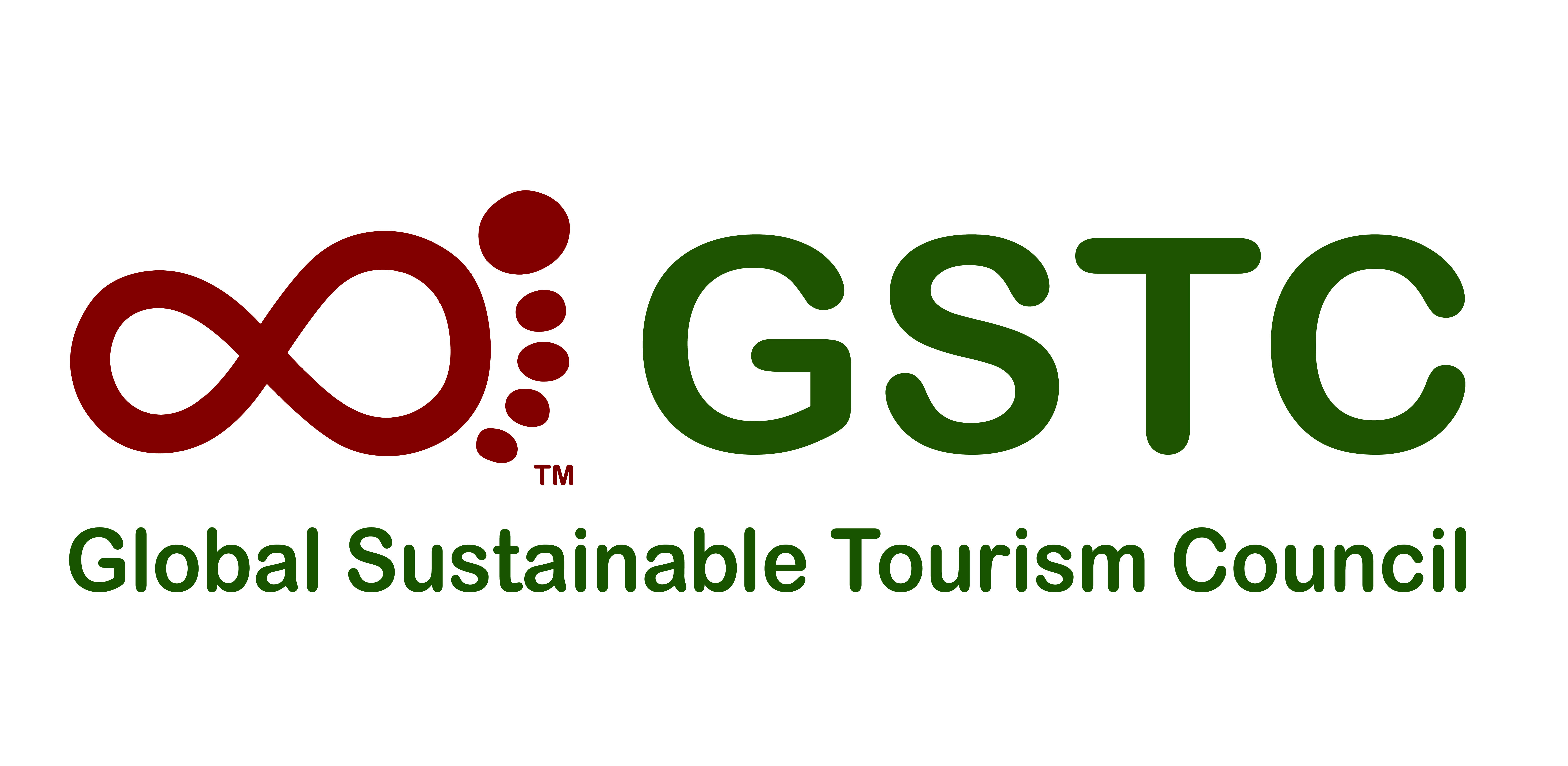Description
The unprecedented impacts of the COVID-19 pandemic exposed severe vulnerabilities within existing business models. Global supply chains, educational services, health care systems, and specific industries such as the travel and tourism sectors have been profoundly disrupted. The adverse effects on businesses and socio-economic systems suggest the need to reevaluate and reshape existing management strategies to increase business preparedness and responsiveness to future global disruptions. This integrative literature review presents a critical analysis and synthesis of the literature during the height of the pandemic from 2020 to 2023, exploring how the latter generated momentum for adopting new sustainable business models within the hard-hit tourism industry. Despite varying perceptions concerning the depth of the transformation required, this study revealed a shared understanding of the necessity to leverage sustainable tourism practices to address challenges arising from the pandemic. Specifically, the literature refers to (a) the need to stimulate the industry recovery through sustainable practices, (b) the opportunity to rethink and rebuild tourism practices, products, and services more sustainably, (c) the opportunity to increase the risk-prevalent tourism industry’s resilience and its ability to face future crises, (d) the need to adopt a collaborative approach among the industry’s stakeholders and engage with local communities. The gaps identified suggest that further studies could focus on identifying relevant governance mechanisms to implement and manage resilient and sustainability-based strategies within the tourism industry. Additionally, future research may prioritize empirical research and evidence-based sustainable solutions for the tourism industry and assess their replicability in other risk-prevalent sectors.
An Integrative Literature Review of COVID-19-Driven Sustainability-Based Strategies for Tourism: 2020-2023
The unprecedented impacts of the COVID-19 pandemic exposed severe vulnerabilities within existing business models. Global supply chains, educational services, health care systems, and specific industries such as the travel and tourism sectors have been profoundly disrupted. The adverse effects on businesses and socio-economic systems suggest the need to reevaluate and reshape existing management strategies to increase business preparedness and responsiveness to future global disruptions. This integrative literature review presents a critical analysis and synthesis of the literature during the height of the pandemic from 2020 to 2023, exploring how the latter generated momentum for adopting new sustainable business models within the hard-hit tourism industry. Despite varying perceptions concerning the depth of the transformation required, this study revealed a shared understanding of the necessity to leverage sustainable tourism practices to address challenges arising from the pandemic. Specifically, the literature refers to (a) the need to stimulate the industry recovery through sustainable practices, (b) the opportunity to rethink and rebuild tourism practices, products, and services more sustainably, (c) the opportunity to increase the risk-prevalent tourism industry’s resilience and its ability to face future crises, (d) the need to adopt a collaborative approach among the industry’s stakeholders and engage with local communities. The gaps identified suggest that further studies could focus on identifying relevant governance mechanisms to implement and manage resilient and sustainability-based strategies within the tourism industry. Additionally, future research may prioritize empirical research and evidence-based sustainable solutions for the tourism industry and assess their replicability in other risk-prevalent sectors.


